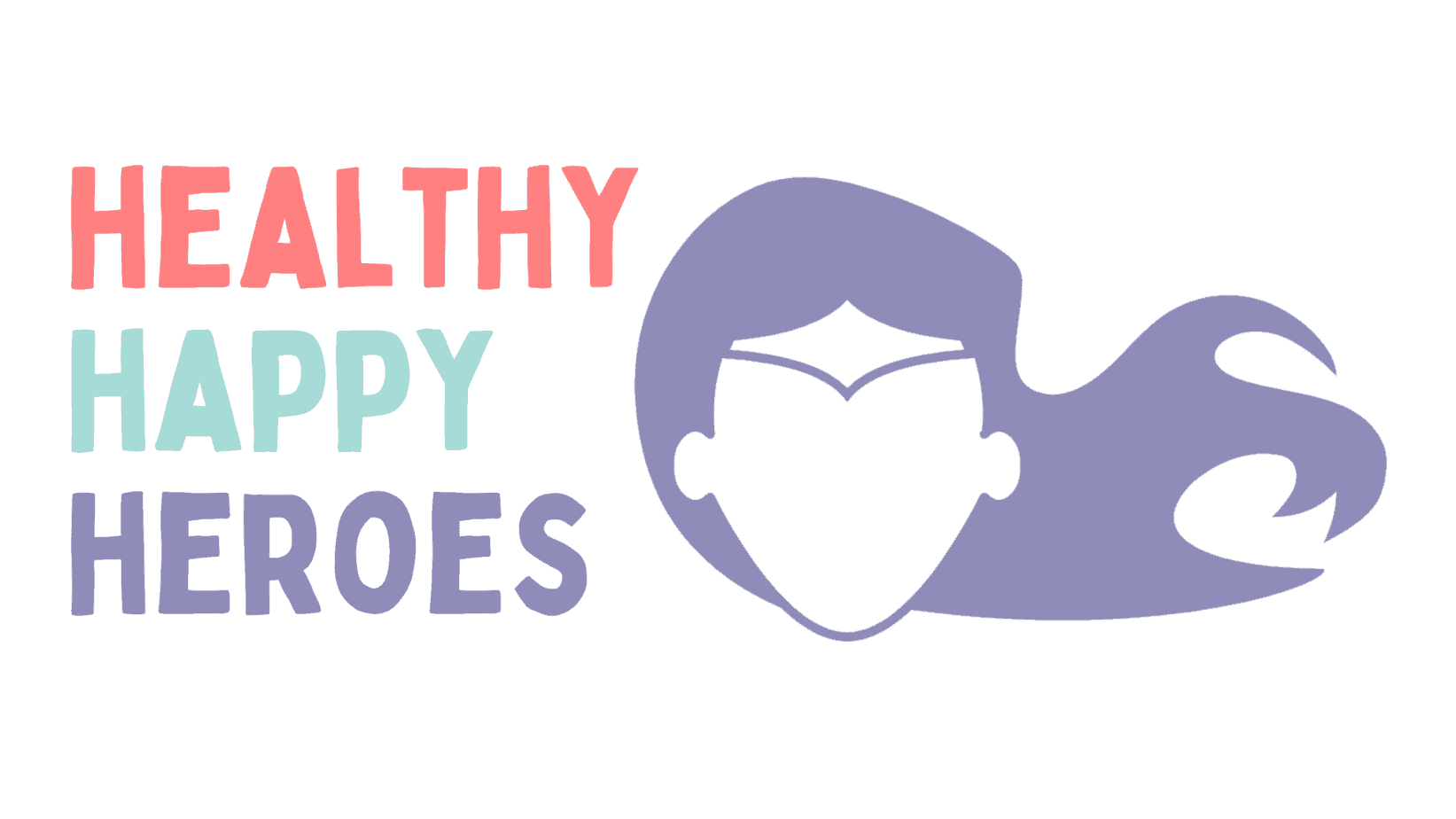It’s common to hear terms like “empath” or “narcissist” thrown around these days. But it’s critical to take a closer look at such words so you understand them. “Empath” is one label that comes with certain assumptions and a range of personality types.
Dark empaths are types of empaths who use their empathetic skills for all the wrong reasons. Keep reading to find out more about dark empaths, how to know if you’re one, and how to deal with this empath type.
What Is an Empath?
Before learning about the various types of empaths, such as dark empaths, it’s best to have a basic understanding of what an empath is.
Empaths, put simply, are those who feel higher empathy levels than most people. If you’re an empath, you probably feel like you’re always in tune with the emotions and perceptions of everyone around you.
But how does the mind of an empath work? An empath uses cognitive functions to easily and accurately determine a person’s frame of mind. It’s possible that empaths have a higher amount of mirror neurons, which allow them to better comprehend emotional cues.
The opposite of an empath would be a narcissist, someone who lacks empathy. Unlike empaths, narcissists don’t feel compassionate toward others, don’t recognize emotions well, and don’t respond with sympathy.
Most empaths are wonderful storytellers, superb listeners, curious beings, and attentive caretakers. Due to their need for stimulation, you may catch them daydreaming in less-exciting situations. Generally, most empaths are moral and truthful.
What Are the Different Types of Empaths?
Empaths cover a wide range of individuals. Different types of empaths require more extensive scientific research, but many have speculated on several facets of this personality type. Below are a few empath types that you may encounter.
- Physical Empath: Highly sensitive to people’s body language and physical symptoms.
- Emotional Empath: Extra sensitive to the emotions and feelings of those around them.
- Psychometric Empath: Able to understand connections between people and objects or places.
- Animal Empath: Especially attuned to the feelings and behaviors of animals.
- Intuitive Empath: Talented at processing situations or making decisions based on instinct or intuition.

Am I an Empath?
You might be an empath if you always find yourself tuned into the feelings and energies of people nearby. If someone is telling you a deeply upsetting story, you may be overwhelmed by the same emotions that person is feeling.
If you find yourself soaking up friends’ emotions like a sponge, you might be an empath. You may become so mentally and even physically exhausted by taking on the emotions of others that you often need breaks from people.
As an empath, you may become so burdened by intimacy that it’s difficult to unwrap your own thoughts and feelings from those of your partner. Lasting partnerships may tend to be codependent or anxiously attached.
You might be an empath if you have above-average intuition, enjoy spending time in nature, take caution in crowded places, or feel like you always care (and have someone to care about).
How Do You Know If You’re a Dark Empath?
Dark empaths use their empathetic powers for personal gain or use them against people. Here are a few signs that you might be a dark empath:
Dark Empath Indicators
- You keep mental notes (or real ones) of people’s troubles and secrets in hopes of using them to get what you want someday.
- You know how to dish out love and support when your partner needs it, but you only use affection strategically to your benefit.
- You watch for signs of weakness and jump on them as opportunities to serve yourself.
- You use your fantastic listening skills for personal gain at the expense of others.
- Gossip is a favorite pastime of yours.
- You manipulate people based on their emotions (even ones they’re trying to hide).
More Symptoms of Being a Dark Empath
Did the signs of dark empaths above ring a few bells for you? If so, check out these additional dark empath symptoms. You’re likely a dark empath if several of them resonate with you.
This post may contain affiliate links. My full disclosure policy is sort of boring, but you can find it here.

1. Other People’s Emotions Are Easy to Read
The telltale sign of an empath is their ability to easily determine what other people are feeling. Dark empaths are sensitive to the energy and temperament of those around them.
2. You Pick up Energies in Crowds
When you’re in a crowd of people, do you tend to soak in their energy, whether positive or negative? If crowds of people often terrify you a bit because of the magnitude of emotions and energies you take on, you could be a dark empath.
3. Emotional Manipulation Is Easy for You
Dark empaths may be considered masters of emotion because they feel and witness such a vast range of emotions in everyone they meet. The high level of emotional awareness is used as a weapon with dark empaths, allowing them to masterfully manipulate people’s emotions.
5. You Resent Your Empathic Ability
Many dark empaths go to the “dark side” of the empath spectrum because they harbor resentments for their empathic traits. Being an empath is a taxing responsibility. When empaths feel burned out and frustrated by their skill, they may take matters into their own hands and start abusing their gift to get what they want or harm others.
What to Do if You’re a Dark Empath
Did you just find out that you’re most likely a dark empath? If so, what’s next? Let’s take a look at how to handle yourself if you’ve come to terms with your “dark empath” status.
Take Care of Yourself
Every empath must pay close attention to their own personal well-being. You need to address your own frustrations, fears, and setbacks to start becoming a better version of yourself. A great way to practice self-care is to engage with a professional therapist who can help you identify your good and not-so-good traits and help you create healthier patterns and behaviors.
Build Healthy Relationships
Of course, this is easier said than done for empaths – especially dark empaths. Since dark empaths tend to botch long-term relationships, building healthy ones can be a huge challenge. One way to start building happy, healthy friendships is to form emotional and mental boundaries. Be clear on the purpose of your relationships.
Check-in With Yourself
As a dark empath, you may feel so immersed in others’ emotions that you forget to acknowledge and treat your own feelings. You may focus too heavily on your desires, leading to manipulative behavior in an ironic twist of empathic skill. Prevent emotional burnout and distress by frequently checking in with your thoughts, behaviors, and overall well-being.
How to Manage Your Empathy and Energy Levels
Having skyrocketing empathy levels can be exhausting, to say the least! Empaths of all types struggle with the constant ebb and flow of energy. Without the proper advice, they may fall into a spiral of emotion and fluctuating energy.
Check out these tips to keep tabs on your empathetic nature:
- Address your personal emotions before helping someone else with their emotions or issues.
- Don’t try to push away or suppress your empathetic skills. Rather, learn to sit with them.
- Take breaks from people when you need them to avoid emotional burnout.
- Explain your situation to your closest and most trusted friends so they understand if and when you need breaks.
- Start a relationship with a licensed mental health professional to fully understand your empathic abilities and how they affect your life.
The Takeaway: Dark Empaths Must Practice Self-Care Before Taking Care of Others
When an empath becomes jaded and frustrated with their highly sensitive emotional sensors, they may turn into a dark empath. People with dark empathic spirits use their highly sensitive emotional attunement in their own self-interests, even at the expense of others.
Dark empaths must recognize their behavior and, with the proper support, learn how to respect themselves first by setting boundaries. Eventually, dark empaths can once again use their natural empathy for the better.

